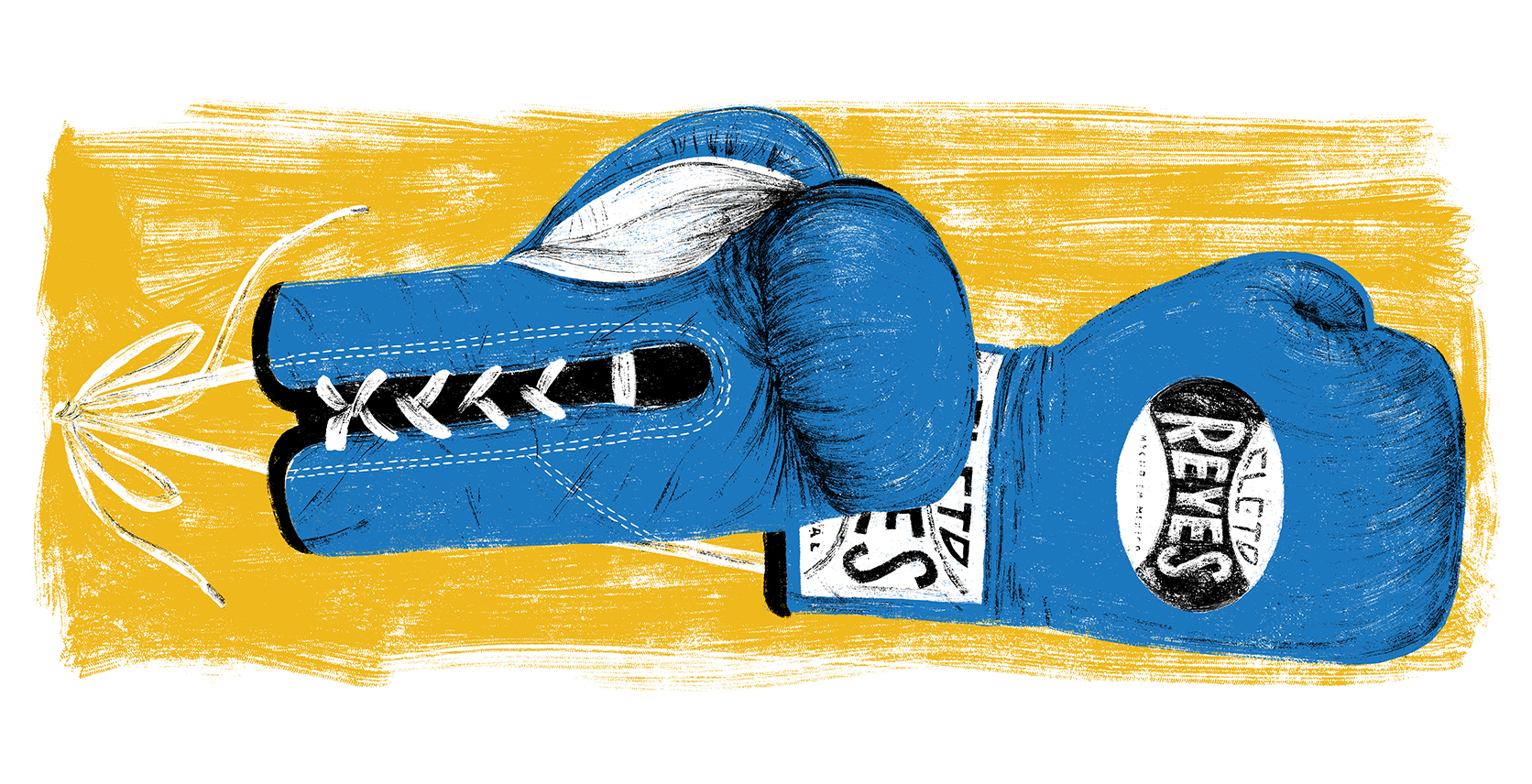What My Cleto Reyes Boxing Gloves Taught Me About Authenticity
For my whole childhood, I was somewhere on the spectrum between chubby and straight-up fat. The year after I finished university, I slimmed my body into the approximate shape and composition it’s in now by doing the only physical exercise I truly, consistently enjoy: punching a very heavy bag that I pretend is a person.
Boxing involves a lot of training, and almost none of it includes a punching bag. In fact, it’s widely considered the crudest of boxing exercises, disdained by old-school trainers and new-school “performance experts” alike. But in my private universe, away from the powerful, cleansing shame of a fitness professional watching me, I would just hit a bag forever. Running, interval training, ab exercises — they’re all just the toll I pay to shove my hands into big, cartoon-hand gloves, and slam those gloves into a bag of sand for as long as I can.
So, after a lot of scraped knuckles and sore wrists, I decided to buy a proper pair. The ones I chose were, as all objects of human industry and ingenuity at some point are, on a deep Amazon discount, and I pounced, buying a pair of bright blue, 12oz Cleto Reyes boxing gloves.
The things that make these gloves messed up, or at least obviously not ethically neutral, are the exact thing that makes them easily the best thing I own.
There’s a lot of talk about authenticity these days. How to have it, how to fake it, how to spot it. My gloves arrived at my house in Columbus, Ohio on the back of a truck driven by a thick man in brown shorts who moved improbably slowly, though his body language imitated somebody hustling. A pretty inauthentic start, I’d say. But authenticity got real all over my face as I broke the seal on the bag and the smell of a straight up goat entered the room.
Increasingly, boxing gloves, especially the cheap, mass produced sort, will advertise their most inorganic properties: smart foam, impact-reducing gel lining, durable advanced composite microfiber construction, etc. Cleto Reyes gloves are hand stitched by workers their website calls artisans. They are the product more of practice than innovation. You know they’ll protect your hands because they’ve protected other people’s before. They’re strong because they’re made of real things. And when they arrive at your house, they still smell like the living creature who was killed and skinned to make them.
People didn’t always care about authenticity. In fact, artificiality used to be a good thing, a sign of the human ability to engineer better answers to nature’s questions. Margarine was supposed to be healthy butter you didn’t need a cow to make; faux fur was supposed to offer a guilt-free fashion accessory. The removal of the real was also a removal of the most upsetting and morally accurate aspects of our consumption.
The things that make these gloves messed up, or at least obviously not ethically neutral, are the exact thing that makes them easily the best thing I own. They protect my hands better than any other gloves I’ve owned. They’re heavy, and satisfying, and, to be honest, they look really dope.
It’s that real dead goat skin keeping me safe, as I slam my real hands into a fake person that’s a real bag of sand.










